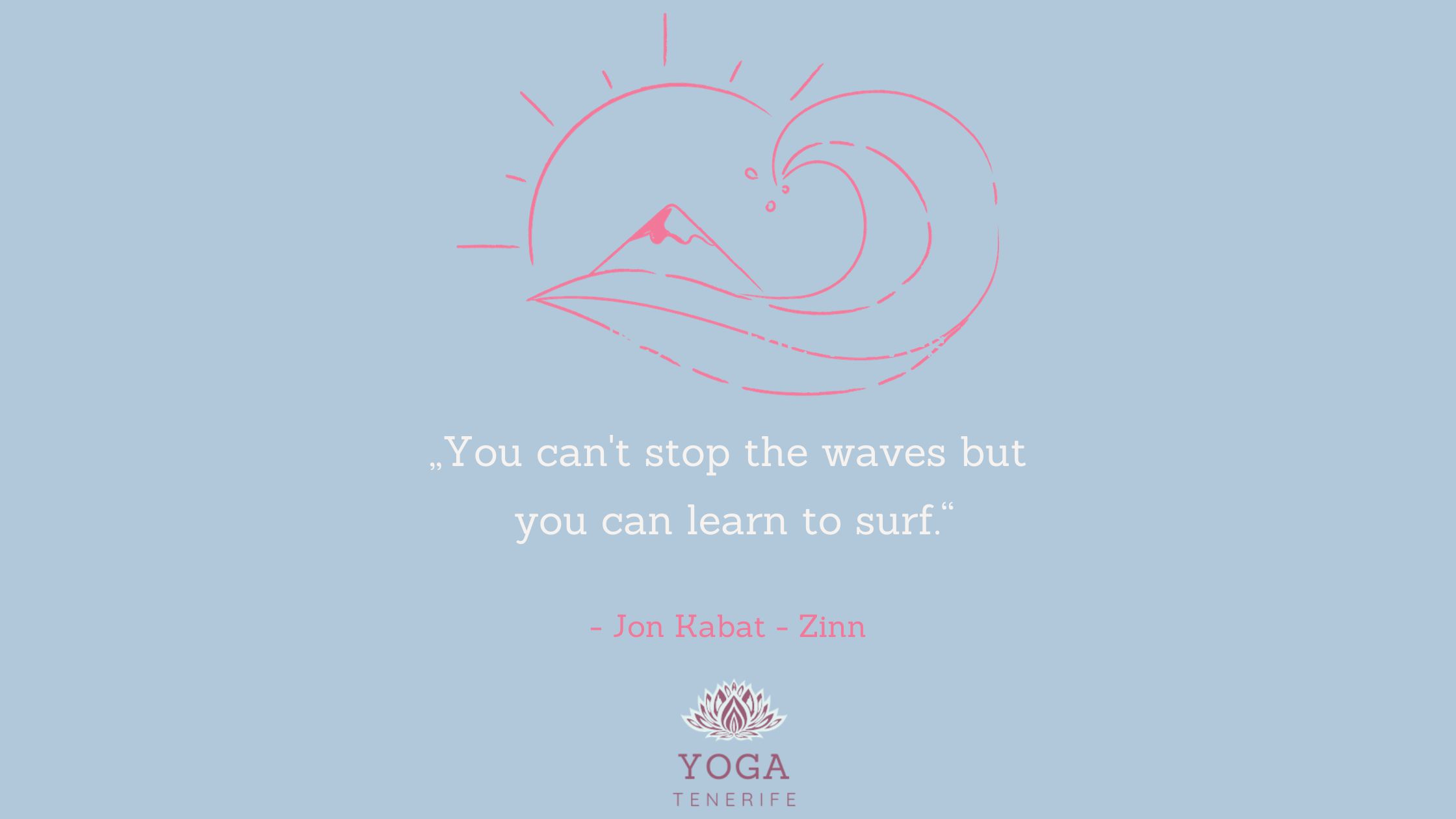In our turbulent world, it is sometimes difficult to be in the here and now. Mindfulness can help you to be present despite the many stimuli outside. What is mindfulness and why is it so beneficial?
What mindfulness is?
In Western psychology, the concept of mindfulness refers to a specific psychological quality that involves focusing all attention on current, dynamically changing experiences. The mindfulness practitioner focuses intentionality of what is currently happening, while avoiding making judgements about these experiences. The essence of this practice is to enter into a state of awareness of the present moment, devoid of judgement and exploration.
Within this meditation technique, proposed by a group of prominent American psychologists (Bishop et al.), there are two key components. The first is self-regulation of attention, which means keeping one’s attention focused on the present experience, enabling one to consciously recognise thoughts and events occurring in the moment. The second component is the adoption of a specific attitude towards one’s experiences, based on curiosity, openness and acceptance.
It is emphasised that the practice of mindfulness meditation is something that can be learnt, and there is a wealth of evidence to support that regular practice has benefits for wellbeing and mental health. The lasting effects that persist after the meditation is completed suggest that this practice affects structural changes in the brain in some way.
Why can meditation – mindfulness and conscious experience – change our lives?
We can train the mind exactly like the body and muscles. It allows you to avoid the traps of constant thinking and to be more fully with your surroundings. Meditation practice improves concentration, improves thinking – reduces hippocampal atrophy, oxygenates neurons, arrange accumulated thoughts, increases serotonin levels and teaches us to let go, look at the problems from a distance.
Mindfulness practices can leave lasting changes. It can repair our operating system. The scientific data is indisputable – repeated, practised meditation and mindfulness changes our brains, shapes them in a specific way, thus influencing our mental states.

Benefits of mindfulness
Research on mindfulness meditation and mindfulness-based therapies shows significant physical health benefits. For clinical patients, such as those with chronic illnesses, mindfulness therapies significantly reduce pain, relieve disease symptoms and improve overall physical health. Laboratory studies confirm these effects, showing significant reductions in pain sensitivity in mindfulness practitioners.
Another area where the benefits of mindfulness are revealed is in the reduction of mental, psychological and psychiatric symptoms among both clinical patients and healthy individuals. Mindfulness meditation appears to help reduce anxiety, depression and stress levels in people with chronic illnesses such as pain, cancer, diabetes and heart disease.
A third area of benefit is improved quality of life, both mentally and physically. In clinical patients, mindfulness improves sleep, overall quality of life and psychological quality of life. Positive effects are found, such as a reduction in negative affectivity, an increase in positive emotionality, life satisfaction and overall well-being.
What about the effect of mindfulness on brain structure and function? Neurological studies using electroencephalography (EEG) and magnetic resonance imaging (fMRI) show that mindfulness practice leads to an increase in alpha, theta and gamma wave activity, indicative of relaxation, reduced anxiety and affect regulation. An increase in activation of the prefrontal area of the brain, associated with positive emotional states, is also observed. Research confirms the phenomenon of brain neuroplasticity, suggesting that regular mindfulness practice can affect structural changes in the brain, with important implications for mental and physical health. All of this suggests that mindfulness can play a key role not only in therapy, but also in prevention and understanding the functioning of the mind and brain.

What is mindfulness for me? My experience
Mindfulness brings me to the present moment. Through the practice of mindfulness – whether meditating in a sitting position, during asanas in yoga or practising breathing techniques, I try to transfer these skills to everyday life. When preparing a meal, taking a walk, taking a bath in the cold ocean – I focus on the here and now. The ability to achieve this state becomes a strong centre in moments of stress, doubt or hesitation. I then return to my body, to the primal breath that we so often forget to use. A sentence heard in my first yoga class also comes to mind: ‘It is easier to influence thoughts with the breath than thoughts with the breath’.
Meditation, like anything we want to do well, requires regular practice. The repetition of projections and thoughts is the fixation of the neuronal network data in the brain. Let us keep this in mind. Often, in fact most often during the day – thoughts, reenactments, projections that screw up anxiety and stress, appear in the head completely uninvited, automatically. We can work by silencing them. And the scientific data is irrefutable – repetitive, practised meditation and mindfulness changes our brains, shapes them in a certain way thus influencing mental states.
To me, meditation is not about pushing away all unwanted thoughts, but about taking control of our reactions, the ability to read the emotions that often lodge in the body. Because what we feed our insides shapes our reality and translates into what is outside.
If we don’t take the trouble to create the space in which we can nurture our well-being, no one else will do it for us. This is the very essence of mindfulness. It is a practice directed at the self, at our body and its connection to the mind, at all aspects of our human being. Mindfulness means being aware of ourselves, our surroundings and our emotions. It is taking care of ourselves on a physical and mental level, creating a place where we can truly understand and accept ourselves as a whole.
Source:
- Gothe NP et al. (2019). Yoga Effects on Brain Health: A Systematic Review of the Current Literature. Brain Plast. 2019;5(1):105-122.
- Bishop SR, Lau M, Shapiro S, Carlson L, Anderson ND, Carmody J, Segal ZV, Abbey S, Speca M, Velting D, Devins G (2004). Mindfulness: A proposed operational definition”. Clin Psychol Sci Pract. 11: 230–241.

